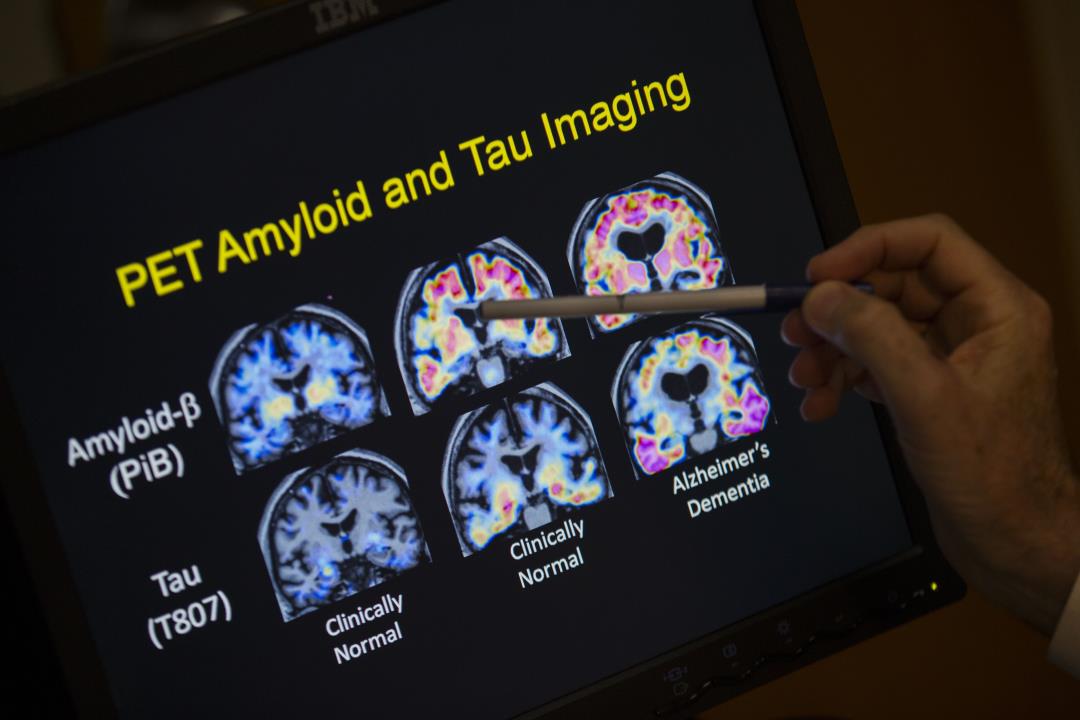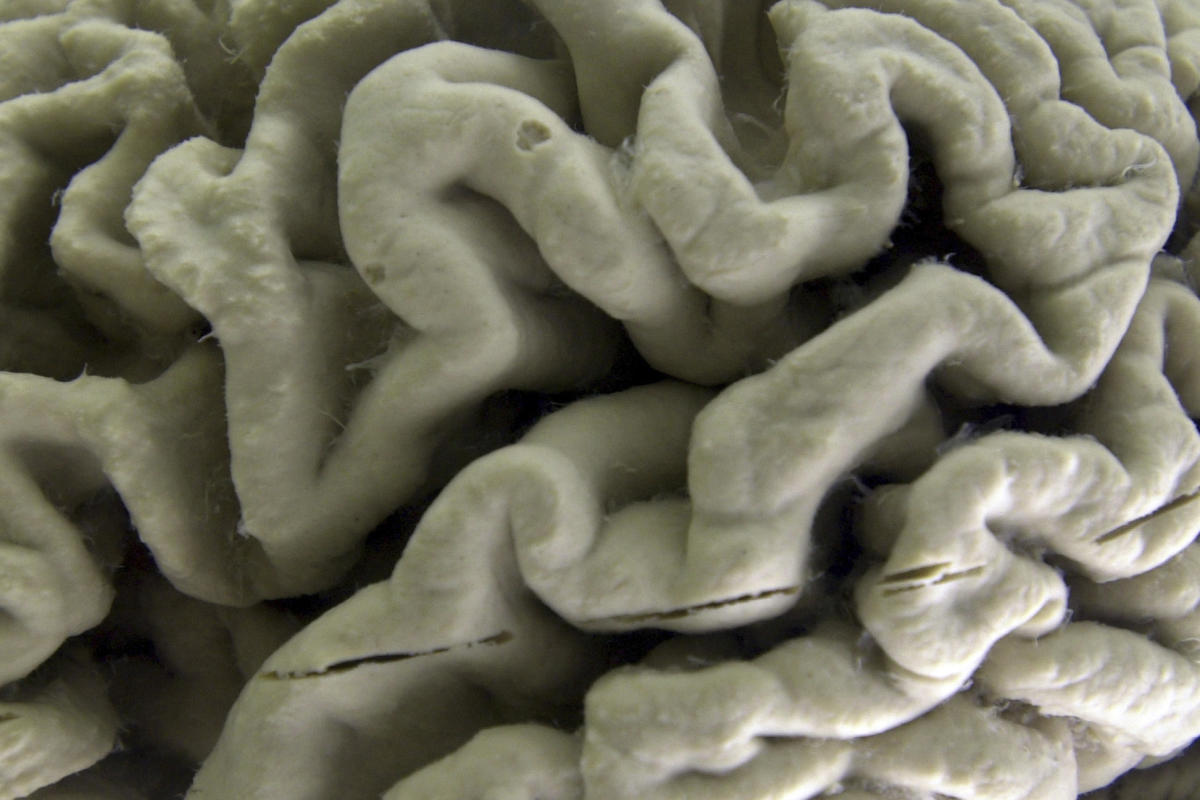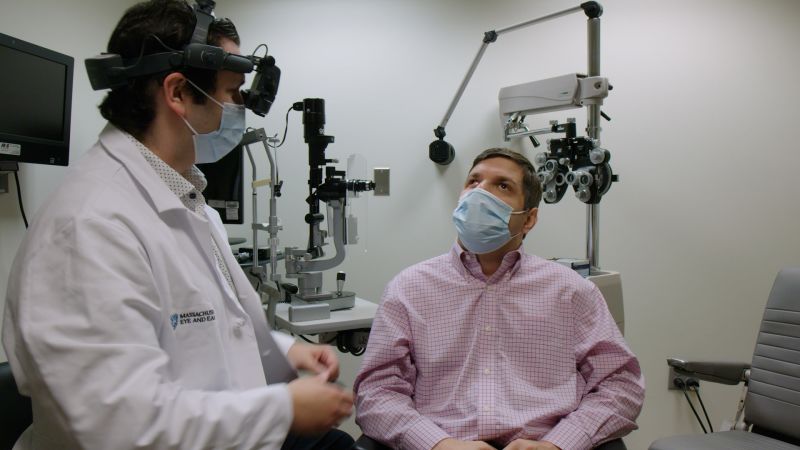We all experience forgetfulness, but a growing number of doctors are focusing on when harmlessness crosses into a condition known as mild cognitive impairment (MCI). Both the New York Times and the Washington Post have stories on the ailment, which is thought to be severely underdiagnosed—a problem because early intervention can help. According to the Alzheimer’s Association, MCI is typically an early stage of memory loss that can (though not always) develop into neurodegenerative disorders like dementia or Alzheimer’s disease. Here’s what we know:
- A hidden problem: In 2018, a subcommittee for the American Academy of Neurology estimated 1 in 10 people aged 70 to 74 have MCI, and the number increased to 1 in 4 between the ages of 80 to 84. However, research suggests 92% of people 65 and older with MCI are undiagnosed. “The advantage of catching MCI early is that we can delay progression. Later on, less,” David Weisman, director of clinical research at Abington Neurological in Pennsylvania, tells the Post.
- Sometimes reversible: In some cases, MCI is a temporary (and reversible) result of an issue, like a sleep disorder or vitamin deficiency, according to the Times. But in most cases, it is a precursor to dementia or Alzheimer’s disease (each year, up to 15% of people with MCI develop dementia). With age, brain volume shrinks an average of 5% per decade, starting at 40, the Post notes. But how fast it accelerates and risks for MCI vary per person.
- ‘Subtle’ signs: General forgetfulness, like not recalling the name of someone from your past or having trouble locating your car keys, aren’t signs of MCI. But more pronounced memory loss (repeatedly forgetting about golf dates), increased clumsiness, having a harder time absorbing new information, or not being able to pick up on common social cues might mean it’s time to check in with a doctor. “It’s a subtle condition,” Ronald Petersen, director of the Mayo Clinic Alzheimer’s Disease Research Center, tells the Post. “With MCI, people can still drive, pay their bills, and do their taxes—they just do so less efficiently.”
- Tests: If it’s time to test for MCI, the Post recommends filling out this online assessment prior to a doctor’s visit. Once there, a series of cognitive tests and bloodwork may be done. Bringing along a loved one who can speak to what changes they’ve observed can be helpful. The Times notes that the Mini-Mental State Exam and the Montreal Cognitive Assessment are common MCI tests.
- After a diagnosis: Experts recommend doubling down on healthy living, with plenty of exercise, and a diet geared toward brain health (research shows nixing trans- and saturated fats slows cognitive decline). Look into activities like memory training and using tools like calendars, note reminders, and keeping a similar schedule—and begin to start planning for the future now.
(An outbreak of ‘brain fog’ might be blamed on COVID.)

Rachel Carter is a health and wellness expert dedicated to helping readers lead healthier lives. With a background in nutrition, she offers evidence-based advice on fitness, nutrition, and mental well-being.








